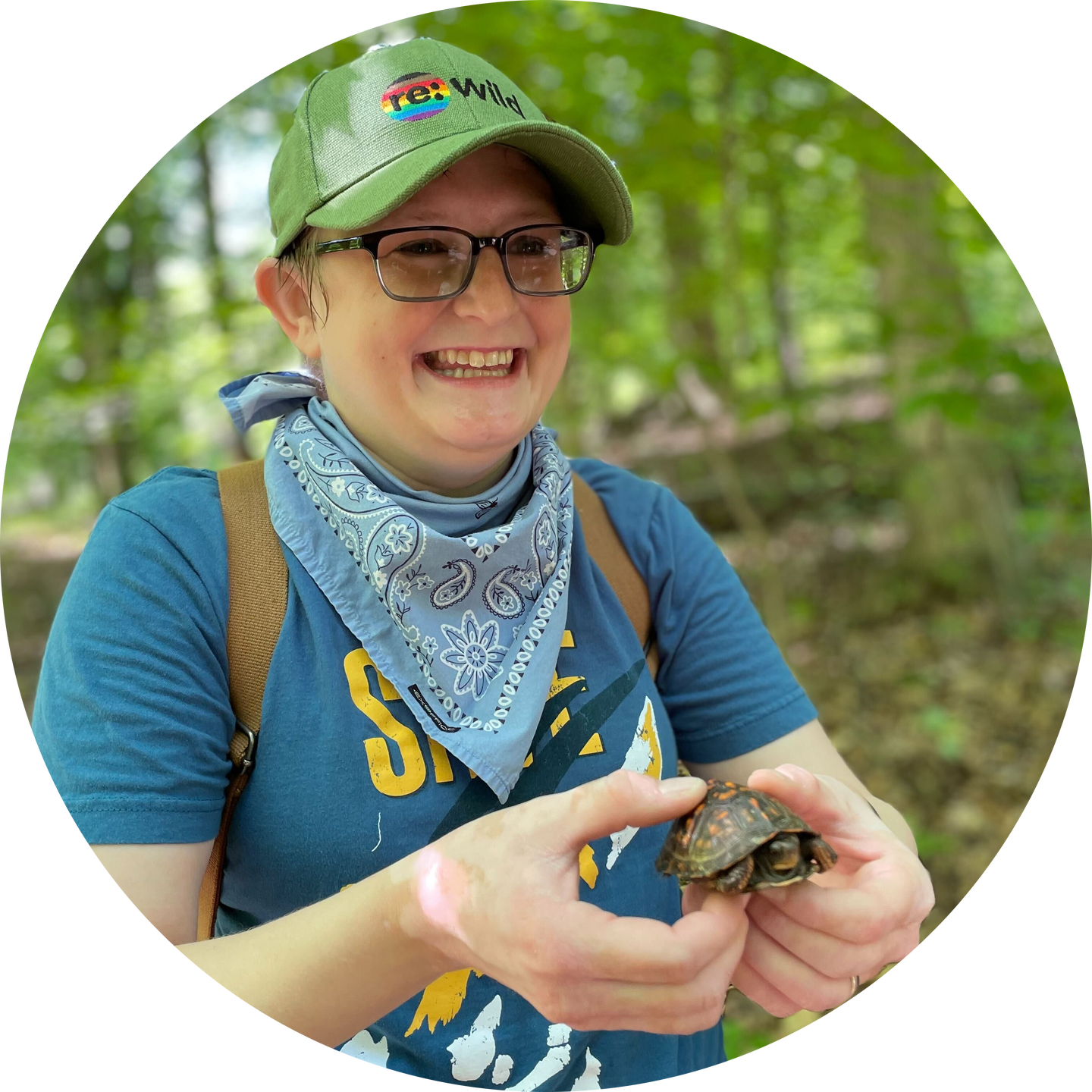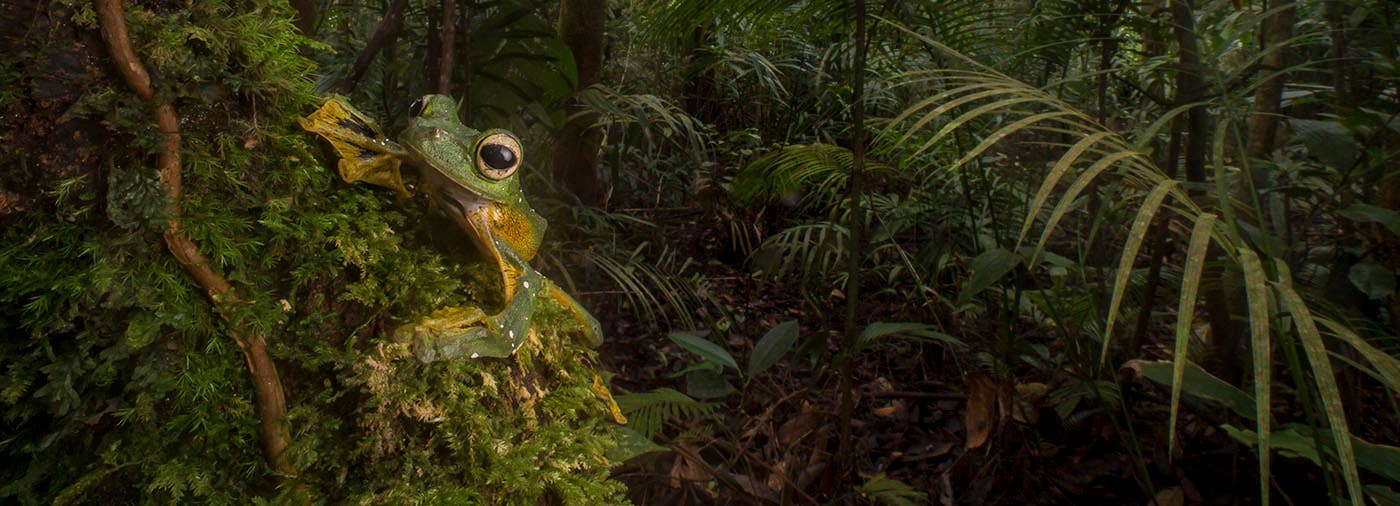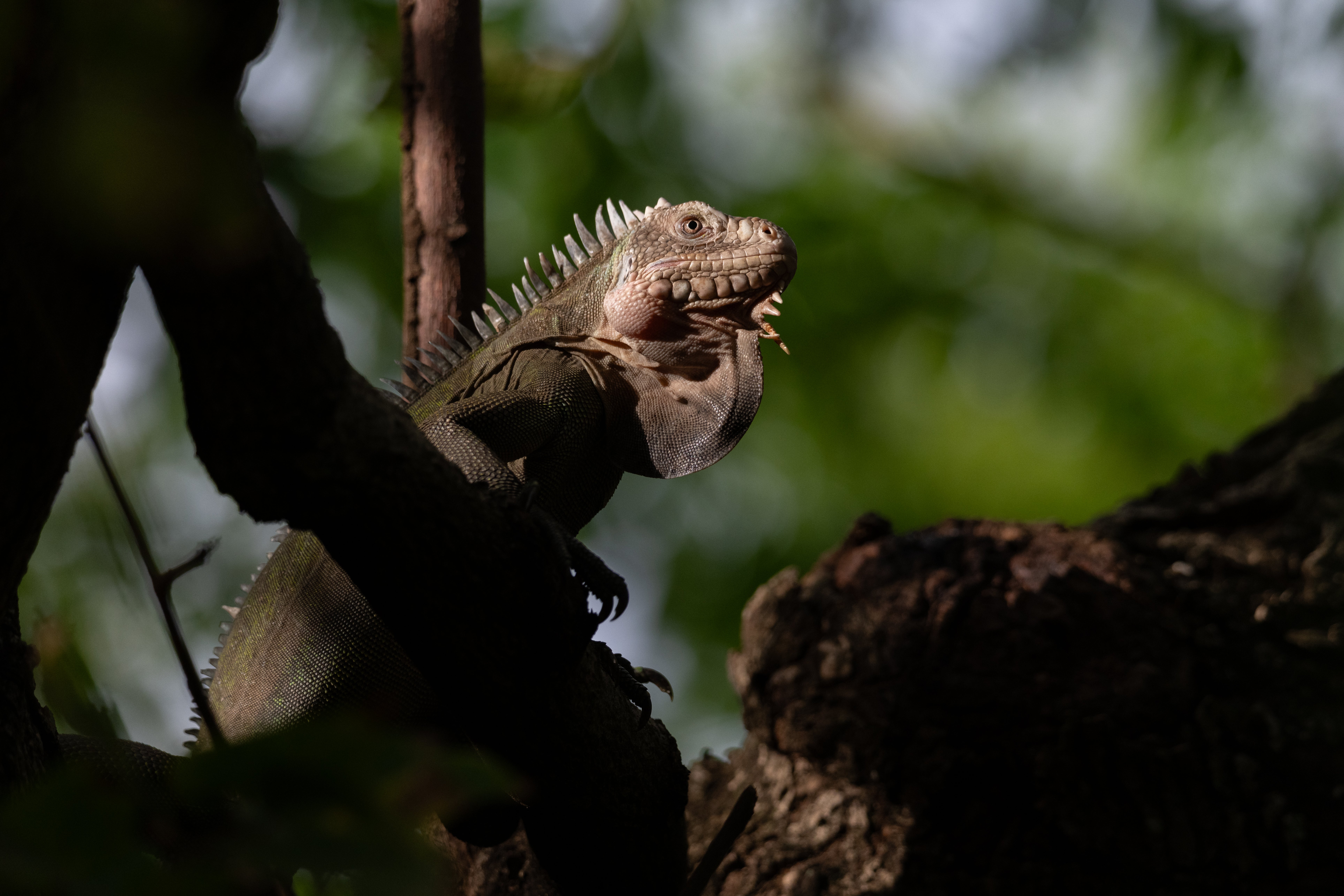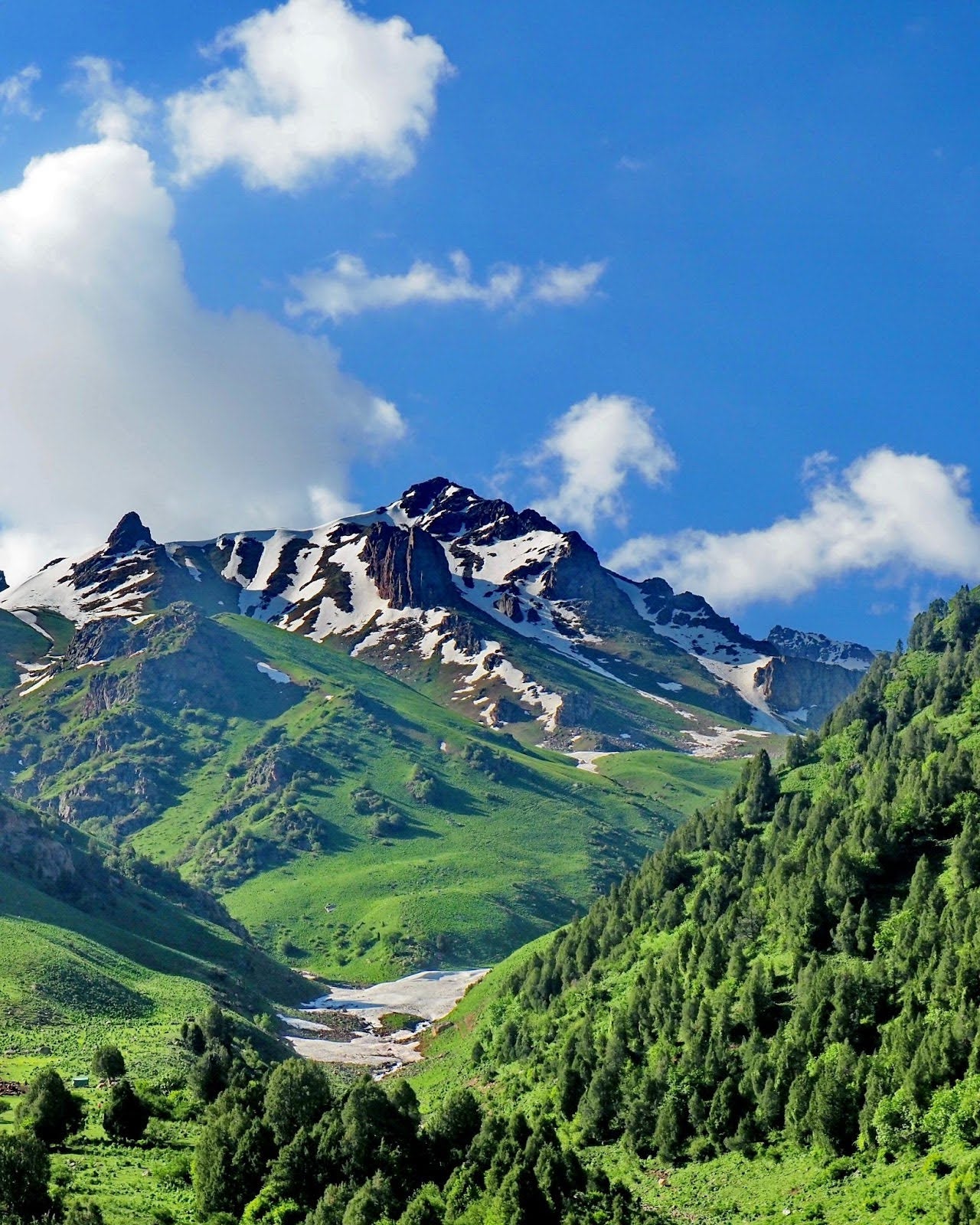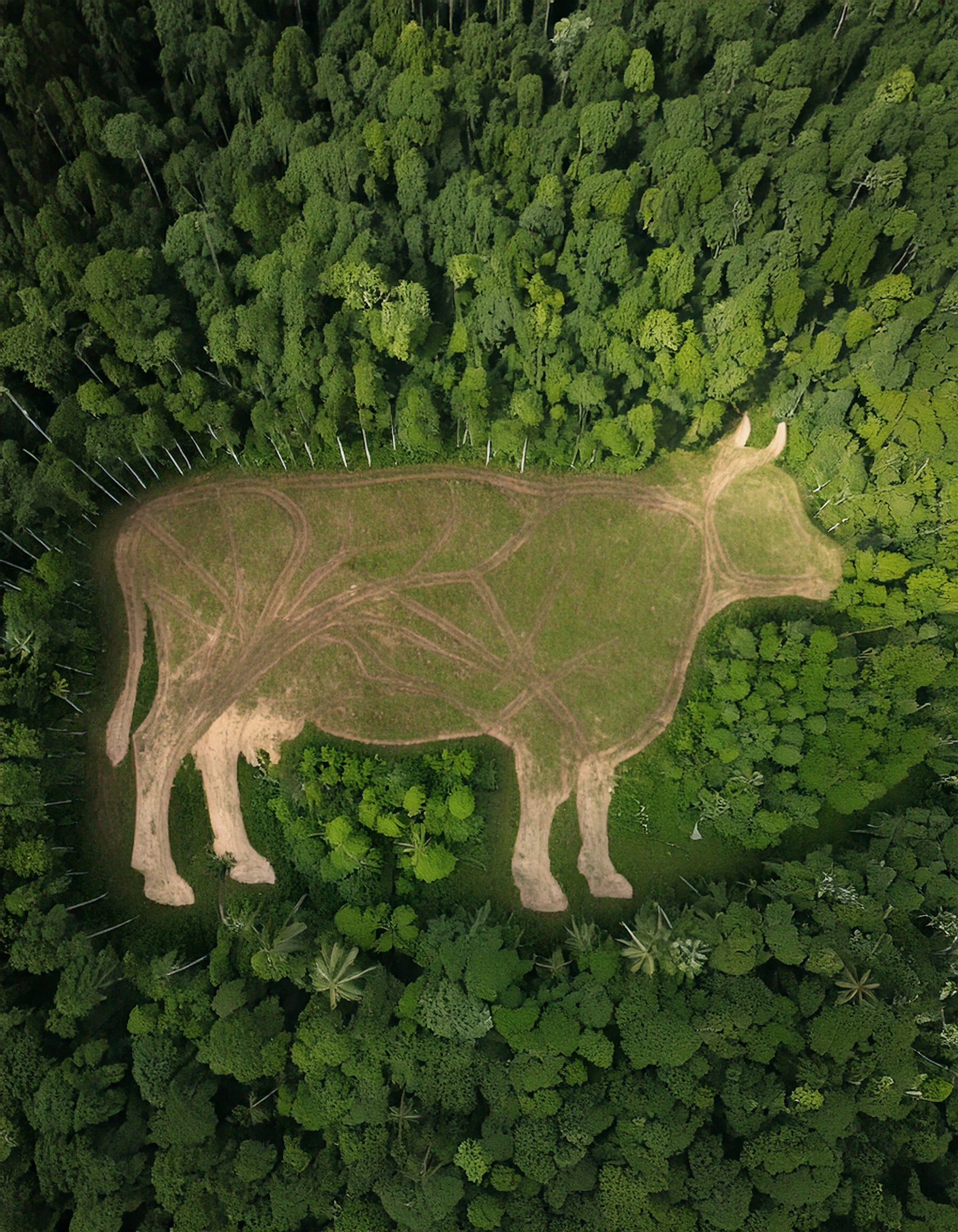Thanks to a new grant from Arcadia—a charitable fund of Lisbet Rausing and Peter Baldwin—Re:wild will scale up its critical conservation work with partners in five regions of global importance for biodiversity and climate: the Caribbean, Mesoamerica, Southeast Asia, Amazonia, as well as Eastern Congo, East Africa and Madagascar. The grant will support Re:wild and its partners across these regions for the next five years.
Re:wild will focus on expanding the protection and improved management of Key Biodiversity Areas and intact forests; restoring forest, freshwater, and island ecosystems in areas of global importance for biodiversity and climate; improving the status of highly threatened species; and enabling key individuals and institutions to become more effective stewards of their biodiversity.
Through this collaborative initiative, Re:wild aims to achieve greater recognition of the importance of these critical regions and to generate a step change in funding for conservation action by aligning partners and funders around large-scale, regional visions.
“We are incredibly grateful for Arcadia’s commitment to helping us address the triple crises of climate change, biodiversity loss, and human wellbeing,” said Re:wild’s chief scientist and CEO, Wes Sechrest. “This is a great example of how the global community can partner to support local and regional organizations on the ground in these regions. Together we are building a movement to protect and restore the ecosystems critical to the health of the planet.”
Some of the specific efforts the funding will help support include:
Grassroots local partner organizations in the Caribbean implementing emergency actions to conserve critically endangered wildlife in at least half of the Caribbean’s 30 island nations and territories.
Grassroots efforts by local organizations and Indigenous peoples within Mesoamerica’s Five Great Forests, and work to develop carbon and conservation financing mechanisms to enable restoration at scale across Mesoamerica.
Enhancing Re:wild’s strong foundational work in focal landscapes in Southeast Asia, including Sumatra, Borneo, the Philippines, and Vietnam, as well as establishing conservation breeding centers for rewilding species and native plant nurseries for habitat restoration.
Finalizing strategic planning with local partners in Amazonia to develop a shared roadmap for conservation across the region; creating a conservation caucus within the Brazilian congress; and supporting institutional capacity development for key local partners and Indigenous communities and organizations.
Developing and implementing a vision for protecting, managing and restoring biodiversity and expanding opportunities for local communities to engage in, lead, and benefit from conservation in Eastern Congo, East Africa and Madagascar.
“We are pleased to back conservation work by local organizations and Indigenous Peoples working with Re:wild to conserve and restore biodiversity. We recognize the challenge of global funders working equitably with local partners and we support Re:wild’s commitment to building fair and sustainable initiatives in pursuit of this goal,” said Simon Chaplin, CEO Arcadia Fund.
Re:wild has a successful record of catalyzing major regional initiatives. For example, the organization’s ridge-to-reef initiative for the Galapagos and Sister Archipelagos stretching from Mexico to Chile, has spurred considerable investment by and collaboration from local communities, governments, and local and regional organizations to restore 25 islands, protect at least 30 percent of each country’s Pacific waters, and halt and reverse the decline of more than 250 globally threatened species. This includes the Connect to Protect Eastern Tropical Pacific Coalition, focused on marine protected areas in Costa Rica, Panama, Colombia, and Ecuador. This work contributes to the development of resilient, sustainable economies for local people.
The Arcadia grant will also support Re:wild’s commitment to providing open access to peer-reviewed research articles and other publications. Re:wild’s coalition-building work ensures that science and data are shared across national and international partners, which is critical to scaling up conservation around the world.
Photo: Wallace's Flying Frog in the Borneo highlands of Sarawak. (Photo by Robin Moore/Re:wild)
Re:wildRe:wild protects and restores the wild. We have a singular and powerful focus: the wild as the most effective solution to the interconnected climate, biodiversity and human wellbeing crises. Founded by a group of renowned conservation scientists together with Leonardo DiCaprio, Re:wild is a force multiplier that brings together Indigenous peoples, local communities, influential leaders, nongovernmental organizations, governments, companies and the public to protect and rewild at the scale and speed we need. Learn more at rewild.org.
ArcadiaArcadia is a charitable fund of Lisbet Rausing and Peter Baldwin. It supports charities and scholarly institutions that preserve cultural heritage and the environment. Arcadia also supports projects that promote open access and all of its awards are granted on the condition that any materials produced are made available for free online. Since 2002, Arcadia has awarded more than $1 billion to projects around the world.
Lindsay is the Director of Media Relations for Re:wild and has a particular interest in leveraging communications to inspire conservation action. Lindsay is passionate about species-based conservation and finding compelling ways to tell stories that demonstrate the value of all of the planet’s critters, big and microscopic.
